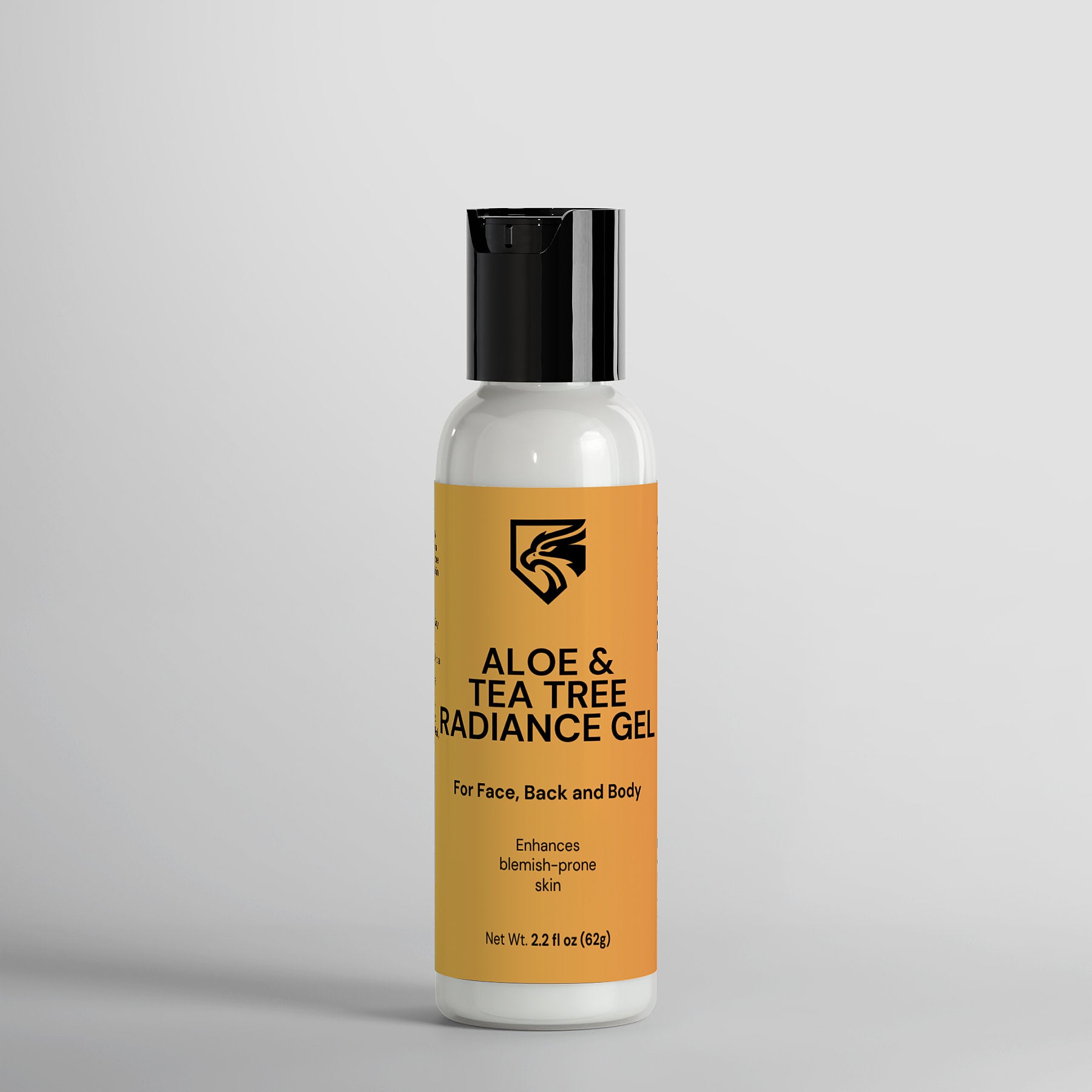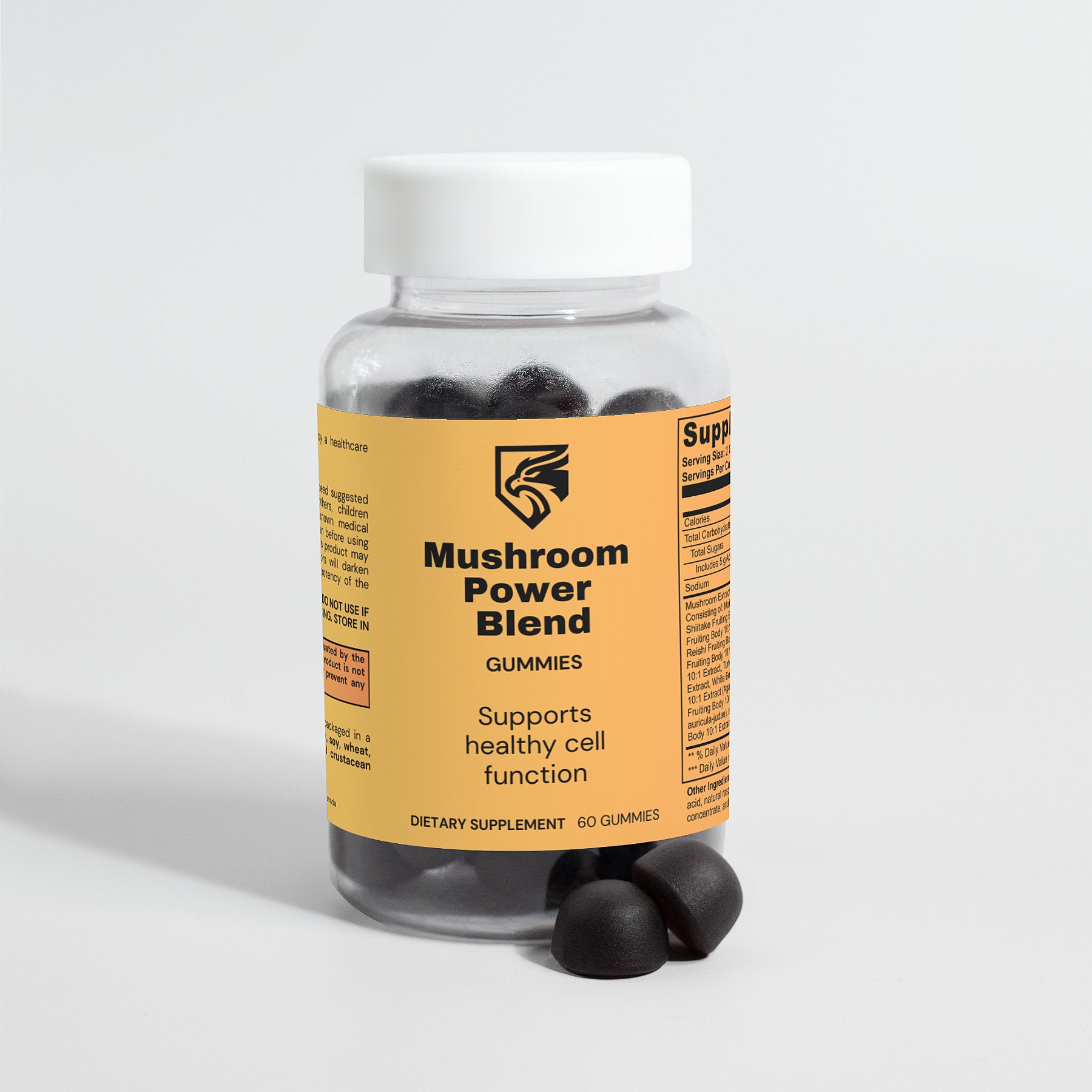I. Introduction
A. Testosterone's Significance in Male Physiology Testosterone, often dubbed the quintessential male hormone, plays a pivotal role in various aspects of male physiology. Beyond its association with traits like muscle mass, libido, and bone density, testosterone exerts influence over mood, cognitive function, and overall vitality.
B. Multifaceted Influences of Nutrition and Sunlight While genetics undoubtedly play a role in testosterone levels, emerging research underscores the significant impact of lifestyle factors such as nutrition and sunlight exposure. This article delves into the intricate relationship between these two factors and testosterone regulation.
II. Understanding Testosterone Production
A. Testosterone Synthesis Overview Testosterone is primarily produced in the testes in men and in smaller amounts in the ovaries and adrenal glands in women. This process begins with cholesterol, which undergoes conversion into testosterone through a series of enzymatic reactions orchestrated by the hypothalamus-pituitary-gonadal (HPG) axis.
B. Factors Influencing Testosterone Production Several factors influence testosterone synthesis, including genetics, age, physical activity, stress levels, and notably, nutrition and sunlight exposure. Understanding these influences provides insight into how to optimize testosterone levels naturally.
III. Nutrition's Impact on Testosterone
A. Key Nutrients for Testosterone Synthesis Certain nutrients play critical roles in testosterone production. Zinc, for instance, is essential for the synthesis of testosterone and is abundant in foods like oysters, beef, and pumpkin seeds. Similarly, vitamin D, obtained from sources like fatty fish and fortified dairy products, is crucial for testosterone synthesis and overall hormonal health.
B. Role of Calorie Intake and Macronutrient Balance Caloric intake and macronutrient balance also impact testosterone levels. Research suggests that both excessive calorie consumption and severe caloric restriction can suppress testosterone production. Additionally, maintaining adequate levels of healthy fats, proteins, and carbohydrates is essential for optimal hormone function.
IV. Sunlight Exposure and Hormonal Health
A. Mechanism of Vitamin D Synthesis Sunlight exposure stimulates the production of vitamin D in the skin, a process vital for numerous physiological functions, including testosterone regulation. Vitamin D receptors are present in the testes, suggesting a direct link between sunlight exposure, vitamin D levels, and testosterone production.
B. Effects on Mood Regulation and Circadian Rhythms Beyond its role in vitamin D synthesis, sunlight exposure influences mood regulation and circadian rhythms, both of which impact testosterone levels. Adequate exposure to natural light helps maintain a healthy sleep-wake cycle, which is crucial for optimal hormone production and regulation.
V. Interplay Between Nutrition and Sunlight
A. Dietary Choices and Sunlight's Effects Dietary choices can either amplify or diminish the effects of sunlight exposure on hormone regulation. For example, consuming a diet rich in vitamin D and other nutrients supportive of testosterone synthesis can potentiate the benefits of sunlight exposure on hormonal health.
B. Practical Strategies for Optimization To optimize testosterone levels, individuals should strive for a balanced diet rich in nutrients essential for hormone production while ensuring adequate sunlight exposure. Supplementing with vitamin D may be necessary for those with limited sun exposure, especially during winter months or in regions with minimal sunlight.
VI. Conclusion
A. Recap of Intertwined Roles Nutrition and sunlight play interconnected roles in testosterone regulation, with both factors exerting profound influences on hormone synthesis and function. Recognizing the synergistic relationship between these lifestyle factors is crucial for promoting optimal hormonal balance and overall health.
B. Call to Action Empowering individuals to adopt holistic lifestyle practices that prioritize nutrition, sunlight exposure, and other health-promoting behaviors is essential for fostering hormonal balance and vitality. By implementing evidence-based strategies outlined in this article, individuals can take proactive steps towards optimizing their hormonal health and overall well-being.







Leave a comment
All comments are moderated before being published.
This site is protected by hCaptcha and the hCaptcha Privacy Policy and Terms of Service apply.